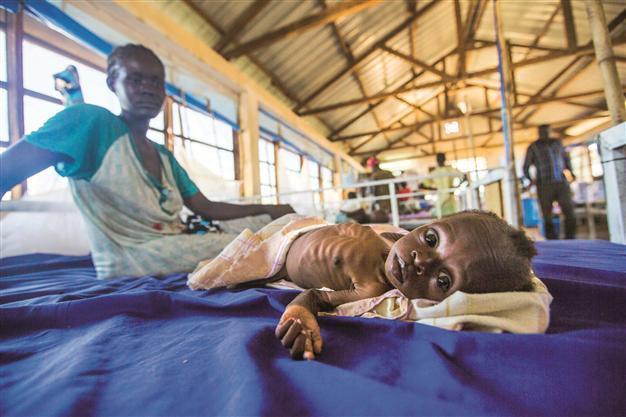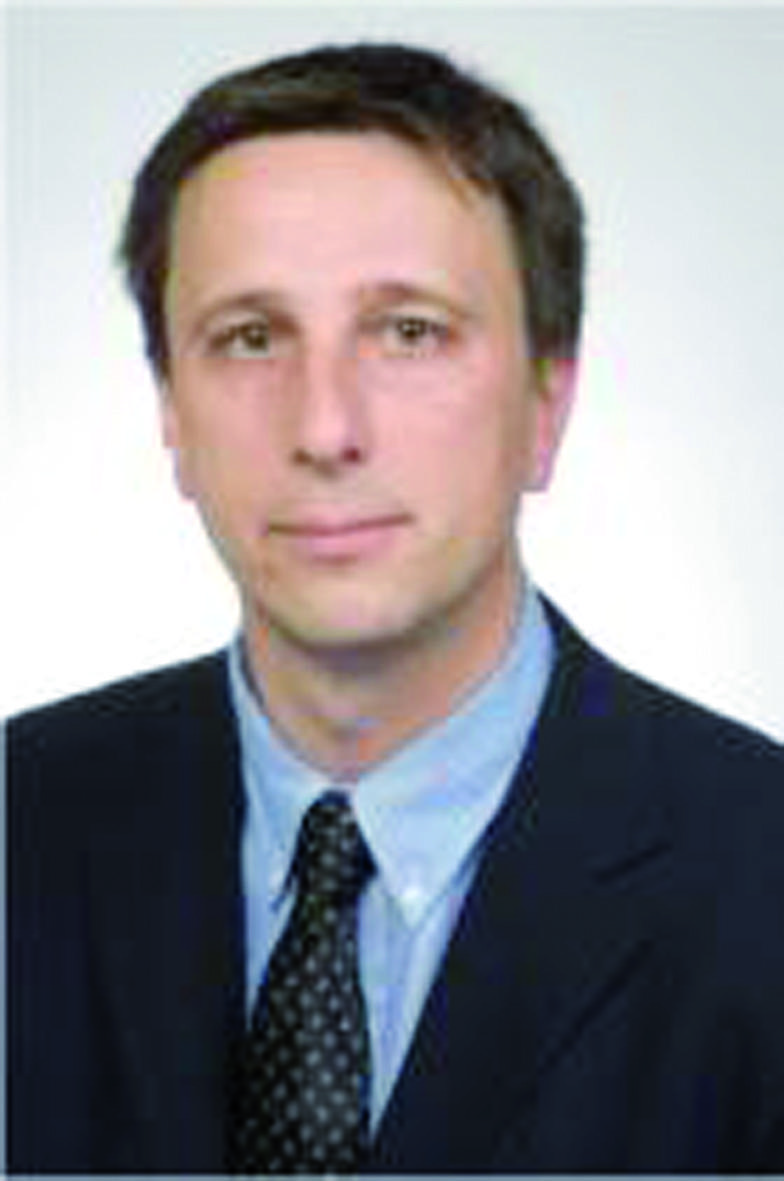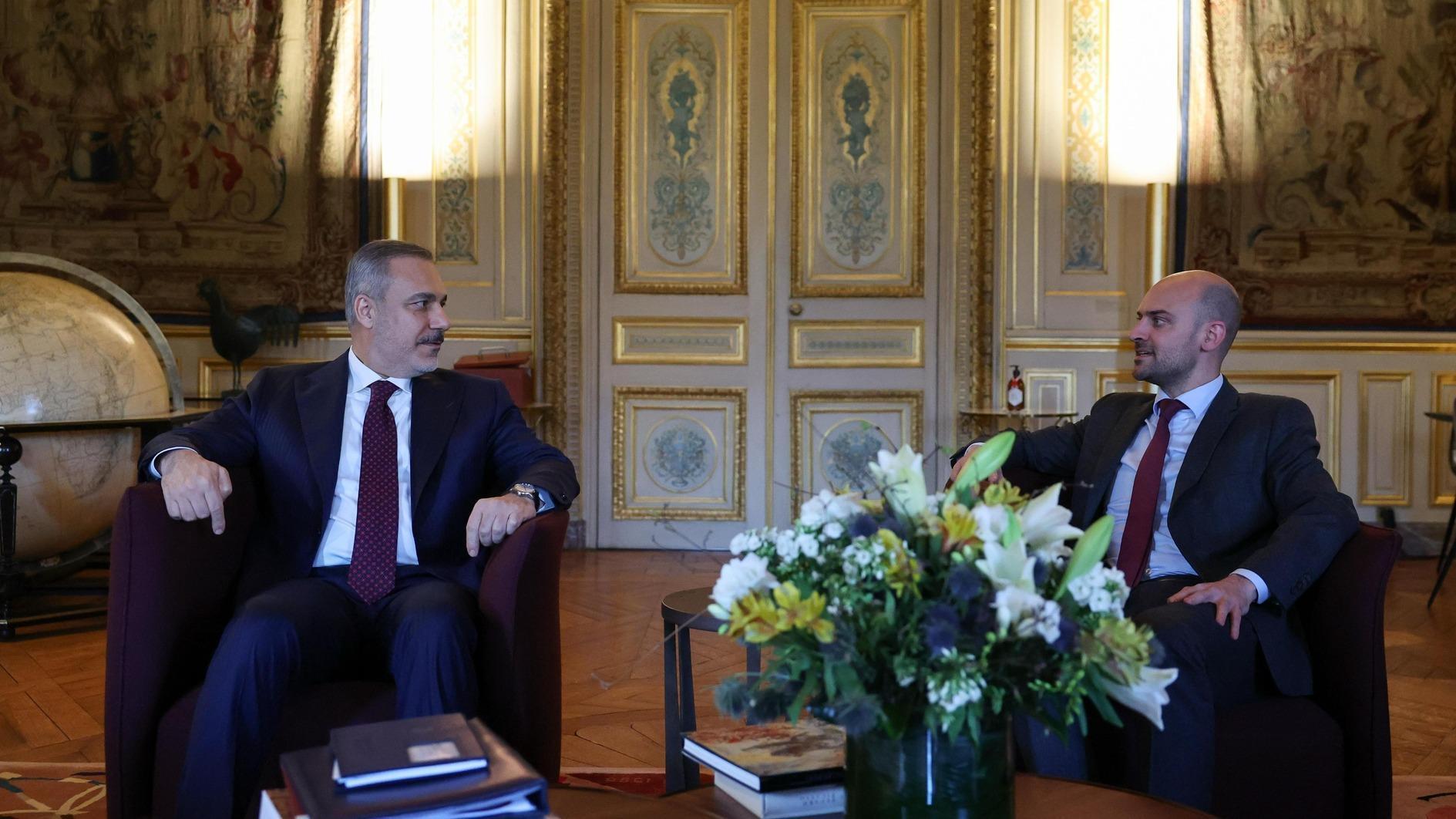Cheap microscope could improve medical care in poor nations
SAN FRANCISCO - Anadolu Agency

AFP Photo
Researchers announced on Oct. 19 that they have created a powerful but cheap microscope that could help diagnose diseases, including AIDS and cancer, in impoverished regions across the globe. Funded by the Bill & Melinda Gates Foundation’s Grand Challenges in Global Health Initiative, the scientists from Rice University believe the microscope, created out of 3D printed plastic, can greatly help doctors working in poor or remote areas where lab tests are not easily available. The new device was described in a paper published in Biomedical Optics Express, a journal from The Optical Society.
Funded by the Bill & Melinda Gates Foundation’s Grand Challenges in Global Health Initiative, the scientists from Rice University believe the microscope, created out of 3D printed plastic, can greatly help doctors working in poor or remote areas where lab tests are not easily available. The new device was described in a paper published in Biomedical Optics Express, a journal from The Optical Society.Currently, the infrastructure requirements and high cost of medical techniques like genetic sequencing limit them to laboratory settings. The plastic microscope is a breakthrough for point-of-care technologies - medical testing equipment brought to patients at the time of care, which is still often restrictively expensive.
“One of the driving aspects of the project is the cost of the sample or sample preparation,” said paper co-author Tomasz Tkaczyk, an associate professor at Rice University in Houston.
“Many systems which work for point-of-care applications have quite expensive cartridges,” Tkaczyk said in a statement.
Even though it seems outdated, doctors can often learn a large amount of medical information just by visually glancing at a patient’s cells with a microscope. Abnormal amounts of white blood cells are a sign of a bone marrow deficiency or AIDS. If white blood cells are rupturing, the patient could be suffering of a bacterial or viral infection. Doctors can also look for oddly-shaped cells, a centuries-old technique that remains accurate for detecting cancer.
“The goal of this research is to make it possible for those in impoverished areas to be able to get the testing they need at a manageable price point,” said Tkaczyk.
















